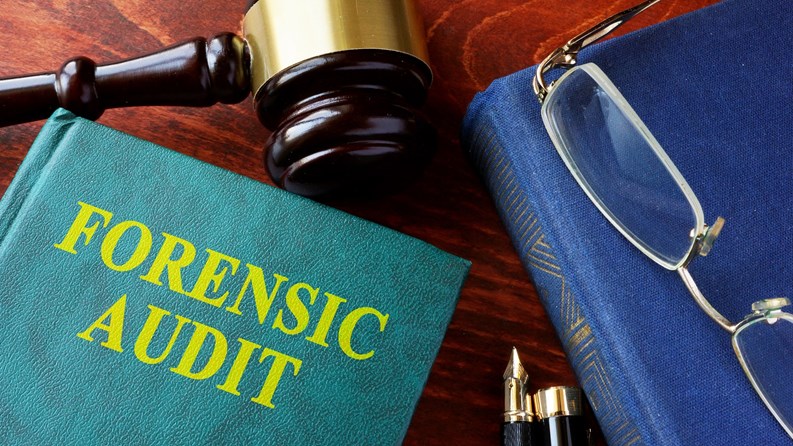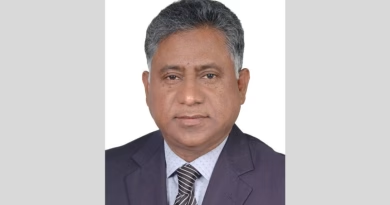Forensic auditing remains largely unfamiliar in Bangladesh’s banking sector, with only 23 per cent of internal audit and credit recovery officials claiming to have adequate knowledge of the concept, a new study has found.
The research, conducted by the Bangladesh Institute of Bank Management (BIBM), revealed that 48 per cent of respondents had partial knowledge of forensic audit, 23 per cent had merely heard of it, and 6 per cent knew nothing at all. The findings were unveiled at a roundtable on Wednesday at the BIBM auditorium in Dhaka.
The study also showed that 45 per cent of respondents’ banks had never conducted a forensic audit, while 39 per cent confirmed such audits had been carried out. Fraud by employees and borrowers were cited as the main triggers for initiating forensic audits, often led by banks themselves or the Bangladesh Bank, with limited involvement from the Anti-Corruption Commission (ACC).
Presenting the keynote, BIBM Associate Professor Dr Md Shahid Ullah said forensic audits are crucial for detecting frauds and ensuring accountability. He noted strong support for forming independent forensic audit teams, with 91 per cent of respondents either agreeing or strongly agreeing on their necessity.
Bangladesh Bank Deputy Governor Nurun Nahar, addressing the event virtually as chief guest, said irregularities continued to threaten banking stability and public trust despite progress in sustainable finance and economic growth. “Uncovering hidden irregularities through forensic audits and reinforcing governance frameworks are essential to safeguard banks and the economy,” she said.
Speakers stressed the need for specialised audit teams, enhanced training, and digital tools to detect irregularities. They also called for political will, ethical commitment, and strong follow-up action on audit findings.
ACC Director SMM Akther Hamid Bhuiyan described forensic auditing as a “new but vital” tool in Bangladesh, requiring independence and political backing for transparency. ICAB acting president Rokonuzzaman likened forensic audits to consulting a specialist doctor for serious ailments, while Union Bank MD Humayun Kabir cautioned that detection must lead to corrective action.
NRBC Bank MD Md Touhidul Alam Khan emphasised cultivating an ethics-driven culture, integrating forensic auditing into higher education, and strengthening whistleblower protection. Bangladesh Bank Director Mohammad Zahir Hussain pointed to weaknesses in internal oversight, citing cases like Hallmark and Basic Bank. “Audit findings must lead to legal action, not just internal reporting,” he warned.
Experts agreed that institutionalising forensic audits could play a pivotal role in rebuilding public trust in banks, curbing fraud, and reinforcing financial governance.






